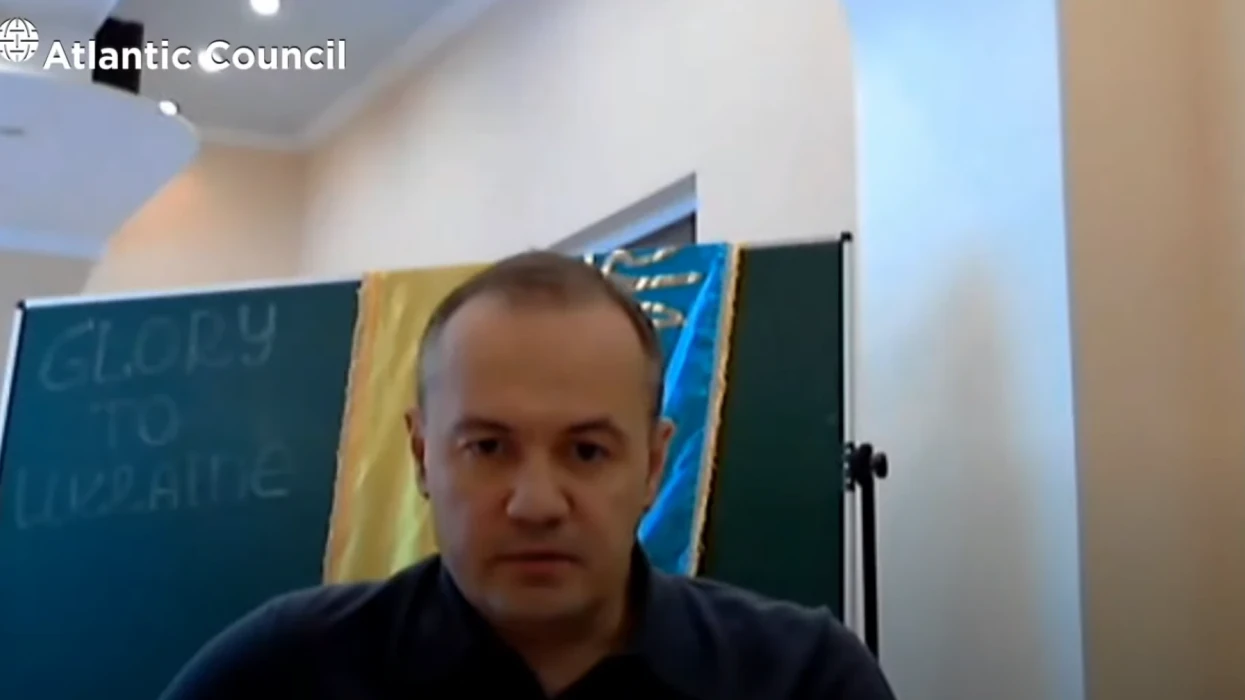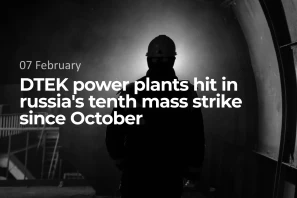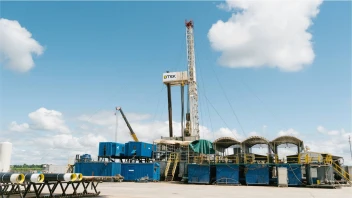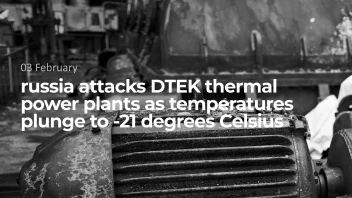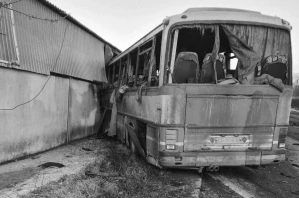russian war in Ukraine is not only affecting the lives of millions of Ukrainians but is having wide-reaching effect across Europe. Energy has emerged as a major issue in moscow’s war, which has led to a precipitous jump in oil and gas prices across the globe. Calls to impose an absolute embargo on russian hydrocarbons as an instrument to put additional pressure on putin and russia’s economy are getting momentum across the West.
Maxim Timchenko, chief executive officer of DTEK, took part in online discussion held by Atlantic Council “The consequences of russia’s war on energy security”. Other participants of the discussion were: Ambassador John Herbst (Senior director of the Atlantic Council’s Eurasia Center), Robin Dunnigan (Deputy assistant secretary with the Bureau of European and Eurasian Affairs at the US Department of State), Yuriy Vitrenko (Chief executive officer of Naftogaz), Dr. Paul Sullivan (Nonresident senior fellow at the Atlantic Council’s Global Energy Center), and Debra Cagan (Distinguished energy fellow at the Transatlantic Leadership Network)
“We have enough coal and gas supply in Ukraine, and we have one of the largest coal and gas reserves in Europe. We need to consolidate all our efforts to ensure energy security of Ukraine.”
- Maxim Timchenko said.
Robin Dunnigan pointed out that the U.S. “worked with Europe and Ukraine on ENTSO-E connection which is just an incredible development in a short amount of time”. Ms. Dunnigan also added that “DTEK, Naftogaz and Ukrainian Ministry of Energy officials have done an outstanding job on maintaining everything that they’ve been able to maintain since February 24th.”
Maxim Timchenko pointed out the work of Ukraine’s power sector in an isolation mode for 21 days in a row at war. He accented on the resilience of the system despite the seizure of Zaporiz’ka NPP and russians destroying power lines (around 1.3 mln Ukrainians do not have electricity supply as a result of constant shelling). DTEK is ready to balance the system with its TPP capacities in case some NPP units (like the situation at Zaporiz’ka NPP) are out of operation.
In case there are coal supply disruptions, a number of DTEK’s TPPs will switch to gas. DTEK coal production is maintained at a very high level (higher than even pre-war level). This is an example of the company ensuring stable operation of the sector and protecting the energy front. “We need to think not only about technical stability, but also financial stability” – commented Maxim Timchenko, pointing out that DTEK’s current collection rate is around 30-35%.
“When russian troops attacked the nuclear power plant, they crossed “the red line”. It was a miracle that russian shells did not hit the reactor or its supporting system at Zaporiziya NPP, the biggest nuclear power plant in Europe. Now nobody knows what the next target might be. However, there is too much at stake to just rely on luck. Humanity survived Chernobyl and Fukushima but now russia threatens the world with another disaster of an even greater scale.
DTEK calls on Western countries, NATO and the United Nations to immediately impose no-fly zones over all Ukrainian nuclear power plants. We must prohibit any use of aviation, drones or cruise missiles in a 30-km zone around all five nuclear power plants. This goes way beyond the security of Ukraine. The fate of hundreds of millions of lives is at stake”
- Maxim Timchenko added.



